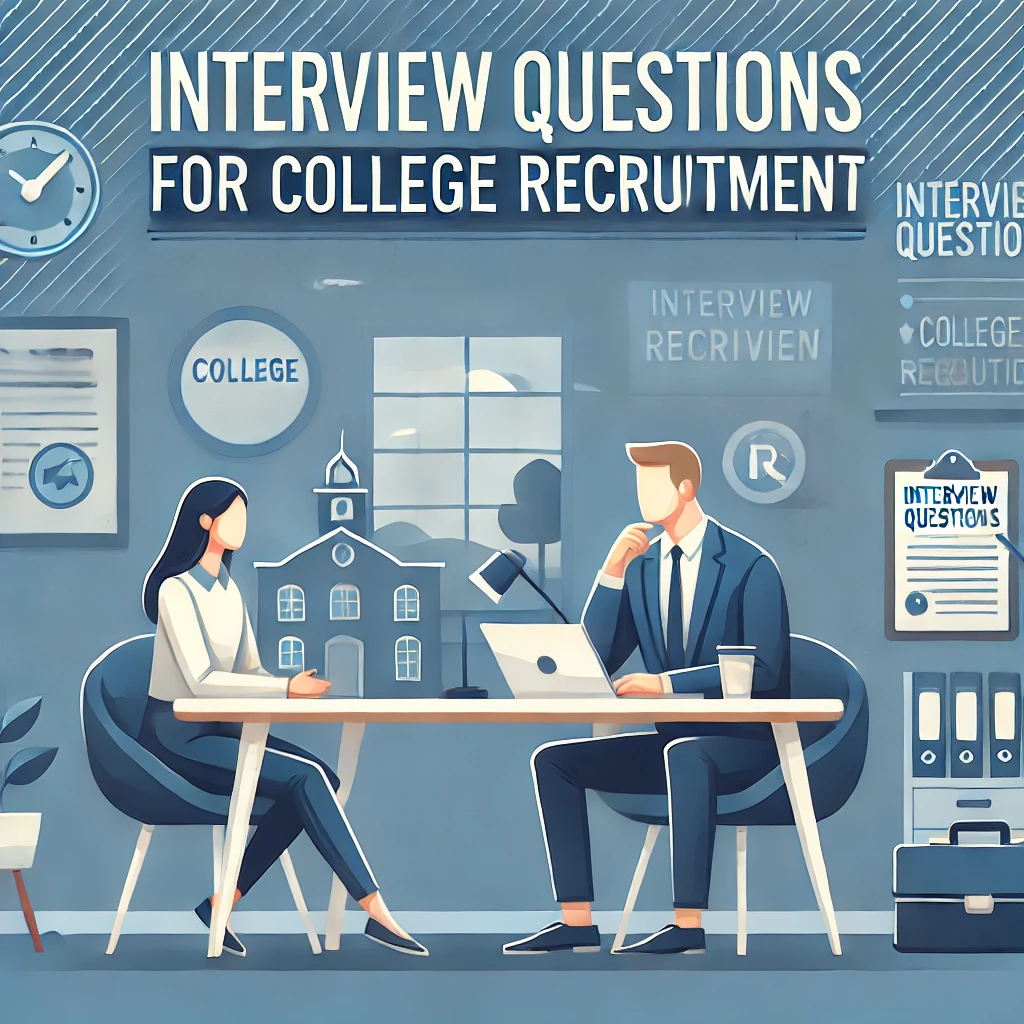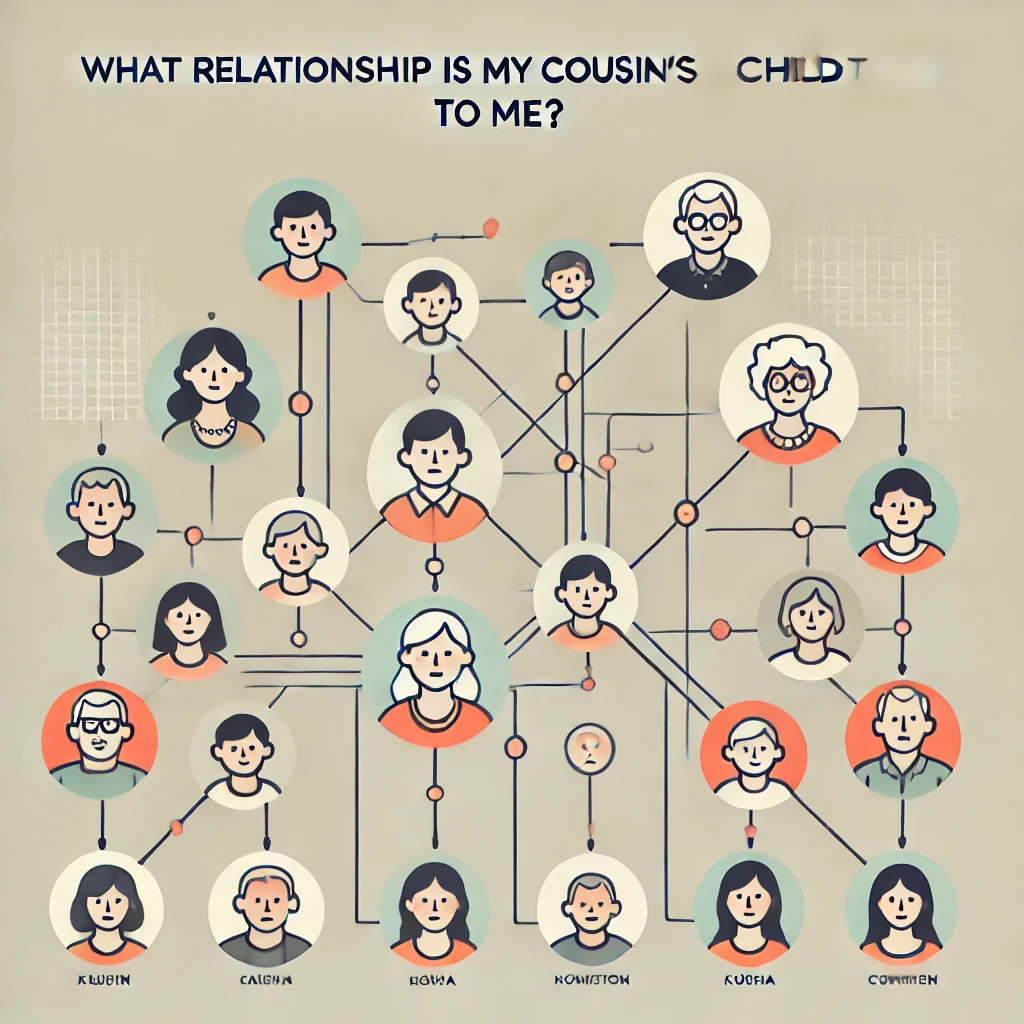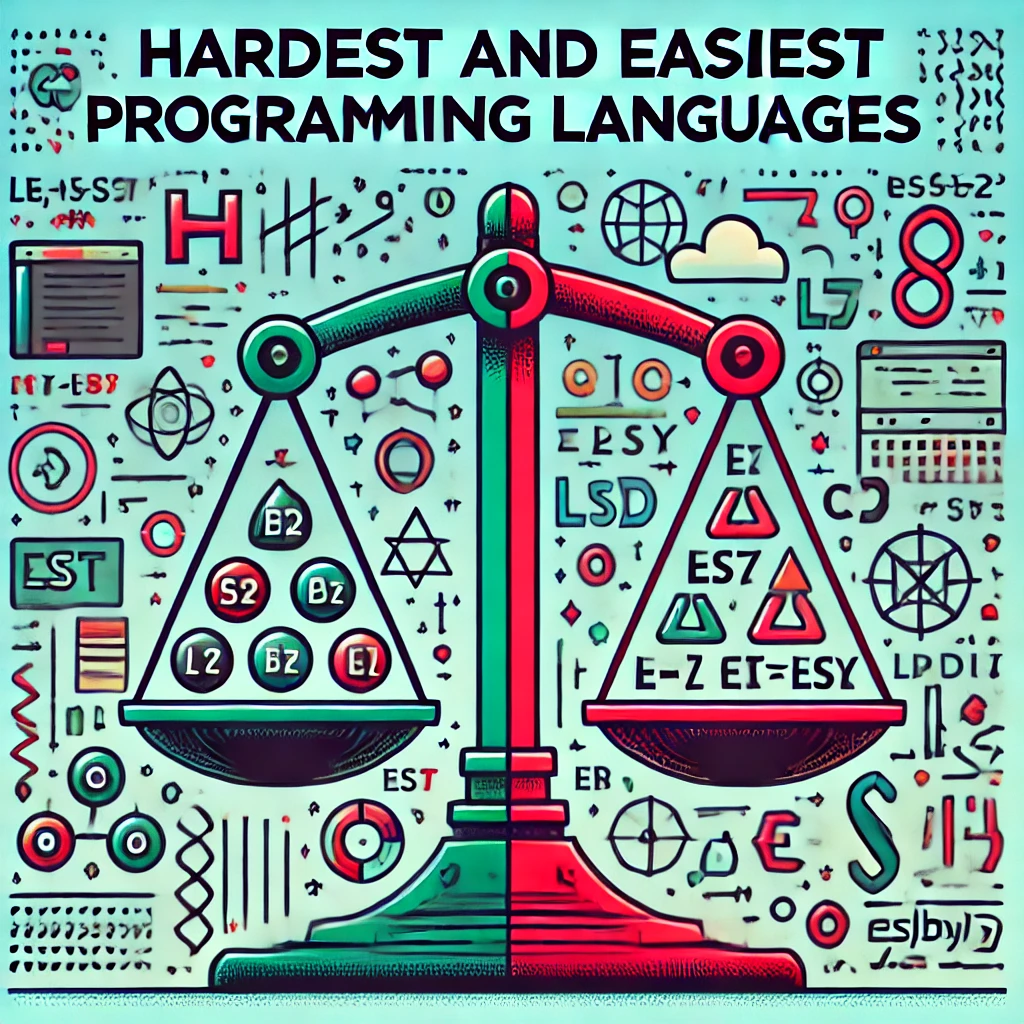In today’s job market, companies have found a new and major way to search talent by looking for recruitment college students. Companies conduct interviews to choose the talented ones. For this purpose, interviews are important part of this process because they allow the employers to check if the candidates have the right skills and personality for the desired job or not. This article will guide you about the most important and useful interview questions that needed for college recruitment students and will also explain the questions and their purpose.
Why Interview Questions Matter?
Before we look into the specific questions, it is important to understand why questions are used for interview. Following are the interview questions that help us in understanding this purpose:
- Asses Skills: Firstly, such questions help the employers to know about the candidate’s skills that can help them in their job.
- Check Cultural Fit: Companies always look for the candidates that will easily match their values and work environment.
- Evaluate Problem-Solving Skills: Questions about the candidate’s past experiences help the employers to knowhow the candidate handles challenges.
- Understand Career Goals: By knowing about a candidate’s goals, employers judge if they will stay for long-term or short-term.
- Assess Soft Skills: Interpersonal skills and teamwork are important in many roles. Questioning highlights these qualities in the candidates.
Types of Interview Questions
Sometimes, questions are listed in to several categories to make the interviews easier.
Background and Experience Questions
First type of questions is about the personal information. These questions help the employers to learn about the candidates’ education and experiences. Such type of questions can include:
Tell me about yourself.
Purpose: To get an overview of the candidate’s background and interests.
Why did you choose this major?
Purpose: To see how the candidate opts for this field.
Have you ever experienced in this field?
Purpose: To know about the hands-on experience and related skills.
Behavioral Questions
These questions ask candidates to share past experiences to predict how they might behave in the future. These include:
Tell me about a tough project you worked on. What was your role?
Purpose: To evaluate teamwork and problem-solving skills.
Have you ever worked with someone challenging? How did you handle it?
Purpose: To assess conflict resolution and interpersonal skills.
Describe a time when you took the lead on a project.
Purpose: To identify leadership abilities.
Situational Questions
These questions help to know how a candidate will react during a hypothetical scene. These questions are like:
What would you do if we give you work with tight deadline?
Purpose: To check the candidate’s resourcefulness and time management strategies.
If you disagree with a team member, then how will you react?
Purpose: To know about the candidate’s conflict resolving solutions.
How will you respond if you make a mistake on a project?
Purpose: To measure accountability and problem solving.
Technical Questions
These types of questions test specific knowledge and skills that are needed and related to the job. Like:
What programming languages do you know, and how have you used them?
Purpose: To assess technical expertise.
Can you explain the basics of marketing segmentation?
Purpose: To evaluate knowledge relevant to marketing roles.
Describe a statistical analysis you performed. What did you learn?
Purpose: To assess analytical skills for data-related jobs.
Career Goal Questions
Understanding what candidates want in the future is important for finding long-term fits. These questions include:
Where do you see yourself in five years?
Purpose: To measure their ambition and career planning.
What skills do you hope to gain in this role?
Purpose: To understand the candidate’s desire for growth.
What interests you about our company?
Purpose: To see if the candidate aligns with the company’s values.
Cultural Fit Questions
These questions help to determine if a candidate’s values match the company culture or not. Such that
What type of work environment do you enjoy?
Purpose: To assess fit with the organizational culture.
How do you prioritize tasks when facing tight deadlines?
Purpose: To evaluate organizational skills.
What values do you find most important in a workplace?
Purpose: To see if they align with the company’s core values.
Tips for Conducting Effecting Interviews
- Create a Friendly Atmosphere: A warm and welcoming environment helps candidates feel comfortable and open.
- Listen Carefully: Pay attention to candidates’ answers. This can lead to insightful follow-up questions.
- Take Notes: Writing down responses helps in comparing candidates later.
- Be Consistent: Ask the same core questions to all candidates for fairness.
- Encourage Elaboration: Ask candidates to explain their answers to gain more insights.
Conclusion
For college recruitment students, interviews are important for finding out the ambitious and hard- working candidates who have the right skills that would fit with the company’s culture. By using the above-mentioned type of interview questions, employers can gain a full picture of each f the candidate’s potential. The goal is to look for those individuals who have something positive to contribute for the company and those who will work hard in their roles to accomplish their aims.
Frequently Asked Questions (FAQs)
What are the typical interview questions for college recruitment?
The common questions include:
Tell me about yourself.
Why did you choose your major?
What are your strengths and weaknesses?
Describe a challenging situation you faced and how you handled it.
How should the candidates prepare for technical questions?
The candidate should review core concepts that are relevant to the position, practice problem-solving, and understand any specific technologies or tools that are mentioned in the job description.
Is there any type of case study questions in business interviews?
Yes, many business interviews include case studies to evaluate analytical and problem-solving skills.
How important are the cultural fit interview questions?
Cultural fit is often important, as employers look for the candidates who align with the company’s values and work environment.
What should the candidates research before interview?
Candidates should research the company’s culture, mission, recent projects, and industry trends to show genuine interest. They can also search about the most asked questions and prepare them according to their perspectives.
Found this helpful? Don’t miss out on our other great articles!



